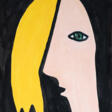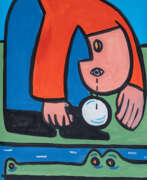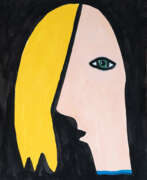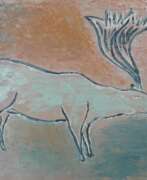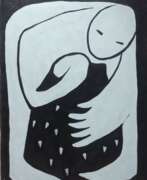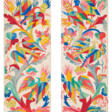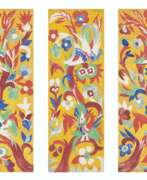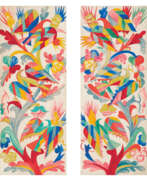Primitivism
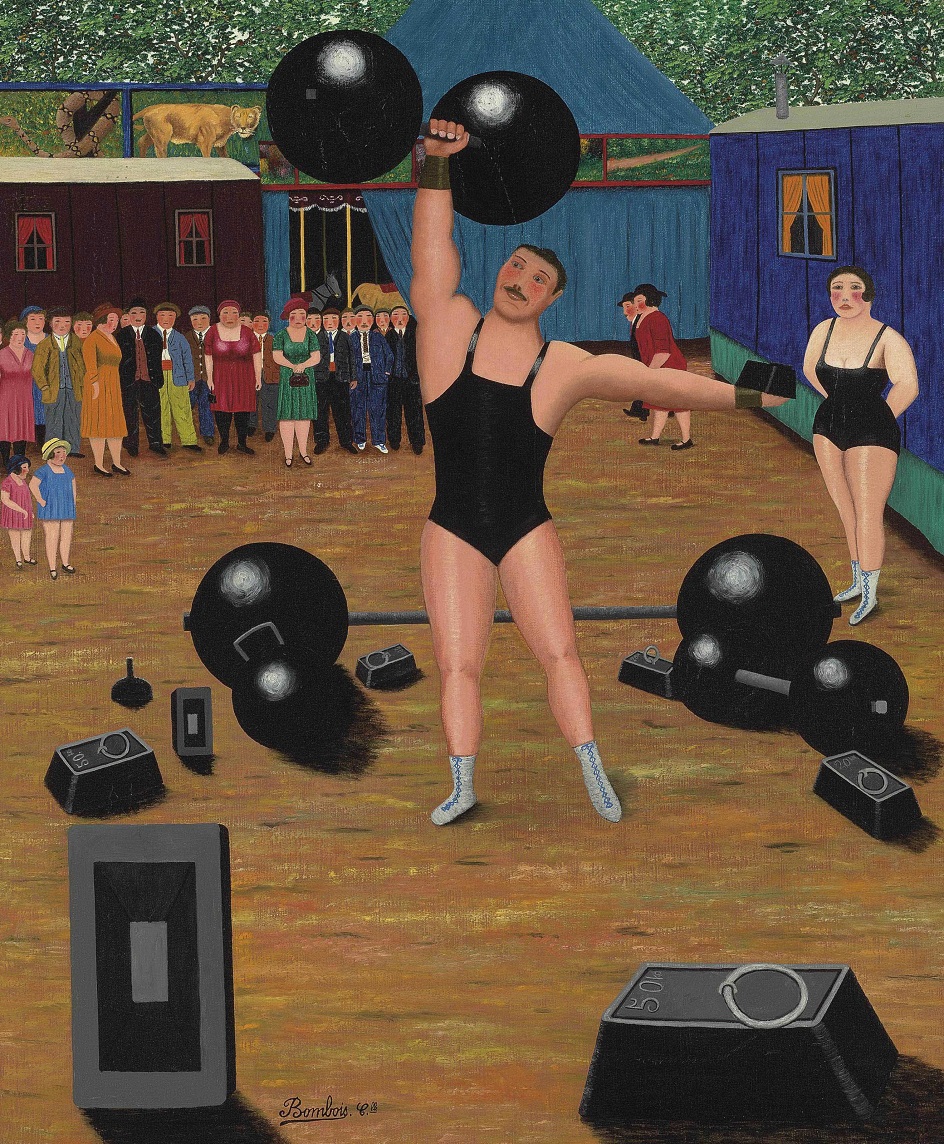
Primitivism
Primitivism in art refers to a movement that arose in the late 19th century, primarily in France, as artists sought inspiration beyond the boundaries of the Western aesthetic canon. This movement saw Western artists drawing creatively from what they termed 'primitive' art and cultures, particularly those of Africa, Oceania, and Native America, to challenge the stagnant traditions of European painting and to explore new visual vocabularies.
Primitivism provided a fresh perspective for artists like Paul Gauguin and Pablo Picasso, who incorporated tribal arts into their works, giving birth to pieces that were both a critique of modernity and a romanticization of the non-Western world. Museums such as The Museum of Modern Art in New York and the Trocadéro Museum in Paris have held significant exhibitions showcasing the influence of non-Western art on European and American artists, including the landmark "Primitivism in 20th Century Art: Affinity of the Tribal and the Modern".
For collectors and experts in art and antiques, Primitivism represents an era of bold experimentation and a crucial turning point in the history of modern art. Its impact can still be seen in various art forms and its philosophical underpinnings continue to be debated.
To receive updates on new product sales and auction events related to Primitivism, sign up for our alerts. Our subscription service is straightforward, catering specifically to your interests in Primitivist art without any unnecessary pomp.
| Country: | Europe, France |
|---|---|
| Start of the period: | 1900 |
